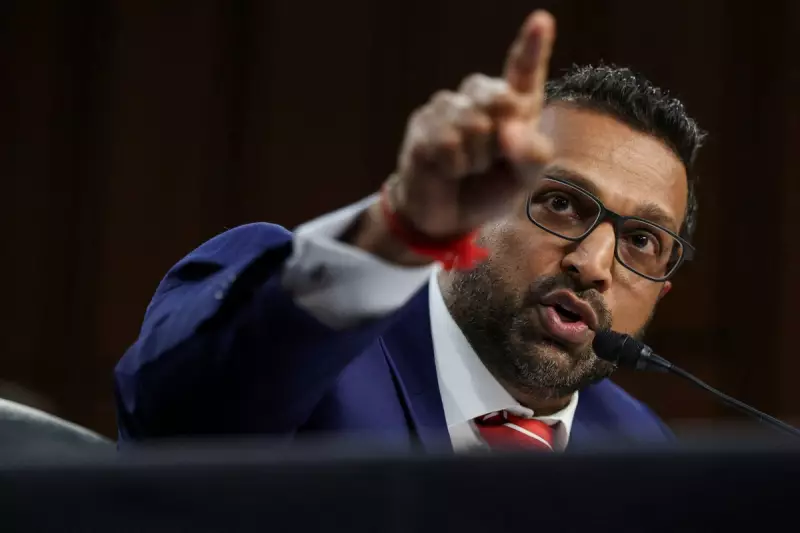
A former FBI trainee's controversial dismissal has sparked a major political row after the individual removed LGBTQ+ Pride flags from the training facility, with prominent Trump ally Kash Patel alleging systemic bias within the bureau.
The incident occurred during the trainee's probationary period at the FBI's training academy, where multiple Pride flags were displayed as part of the organisation's diversity initiatives. According to sources close to the matter, the trainee took down the flags, claiming they created a "divisive atmosphere" and compromised the bureau's political neutrality.
Political Backlash and Allegations
Kash Patel, former chief of staff to the defence secretary and a vocal critic of the FBI, has publicly championed the dismissed trainee's case. Patel alleges the termination represents "political persecution" and demonstrates anti-conservative bias within the federal law enforcement agency.
"This is exactly the kind of woke political discrimination we've been warning about," Patel stated in a recent interview. "The FBI is prioritising political symbolism over merit and capability in their hiring practices."
FBI's Stance on Diversity
The FBI has maintained that the dismissal was justified, citing violations of the agency's code of conduct and commitment to fostering an inclusive environment. Official statements emphasise that all employees must adhere to the bureau's core values, which include respect for diversity.
"The display of Pride flags aligns with our ongoing efforts to create a welcoming environment for all employees, including LGBTQ+ individuals," an FBI spokesperson commented. "Actions that undermine these values cannot be tolerated."
Broader Implications
This case emerges amid ongoing political debates about diversity initiatives in government agencies and the perceived politicisation of federal law enforcement. Conservative groups have seized upon the incident as evidence supporting their claims of institutional bias, while LGBTQ+ advocacy organisations defend the FBI's actions as necessary for protecting inclusive workplaces.
The controversy highlights the continuing cultural divisions within American institutions and raises questions about how government agencies balance political neutrality with their diversity and inclusion commitments.






